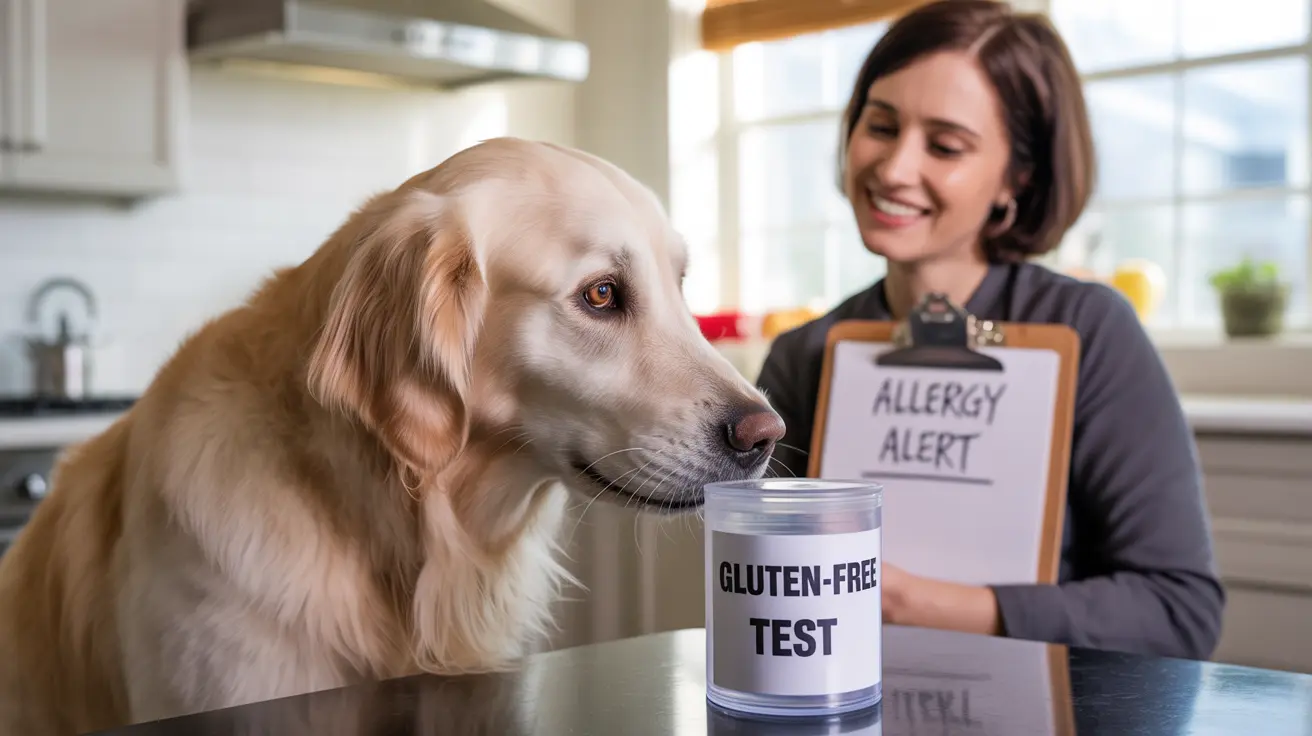Top Dog Breeds for Gluten Detection
Several dog breeds have proven particularly adept at gluten detection work, combining intelligence, trainability, and superior scenting abilities:
Labrador and Golden Retrievers
- Powerful scenting abilities
- High food drive and trainability
- Calm, friendly temperaments
- Natural eagerness to please their handlers
German Shepherds and Belgian Malinois
- Superior work ethic
- High intelligence and focus
- Strong scenting capabilities
- Excellent training retention
Poodles and Doodle Breeds
- Hypoallergenic coat options
- High trainability
- Strong problem-solving abilities
- Good adaptability to various environments
Training Requirements and Timeline
Training a gluten detection dog requires extensive dedication and expertise:
- Initial training typically takes 6-18 months
- Foundation training focuses on scent identification
- Advanced training includes real-world scenarios
- Ongoing maintenance training is essential throughout the dog's career
Working Life and Maintenance
- Daily practice sessions
- Regular certification updates
- Ongoing exposure to new environments
- Strong handler relationship maintenance
- Periodic professional assessment
Selection Criteria for Service Work
Not every dog within suitable breeds will excel at gluten detection. Key qualities include:
- Strong food motivation
- Excellent focus and concentration
- Stable temperament
- Good physical health
- Natural scenting abilities
Frequently Asked Questions
Which dog breeds are best suited for gluten detection training and why?
Labrador Retrievers and Golden Retrievers are considered the top breeds due to their exceptional scenting abilities, high trainability, and stable temperaments. German Shepherds, Poodles, and specialized detection lines also excel in this work.
How long does it typically take to train a gluten detection dog to accurately identify gluten?
Complete training usually takes 6-18 months, depending on the dog's aptitude and training intensity. This includes foundation training, scent identification, alert behaviors, and real-world practice scenarios.
How do gluten detection dogs alert their owners when they find gluten in food or the environment?
Dogs are trained to give specific alerts such as sitting, pawing, or nose-touching when they detect gluten. The exact alert behavior is customized to the handler's preferences and needs.
Can gluten detection dogs identify gluten contamination more effectively than lab tests?
While laboratory tests remain the gold standard for precise gluten measurement, detection dogs offer real-time screening capabilities that lab tests cannot provide. They're particularly valuable for quick checks in restaurants and social situations.
What ongoing care and training do gluten detection dogs need to maintain their detection skills?
Detection dogs require daily practice sessions, regular exposure to various gluten sources, periodic professional assessments, and continuous training throughout their working lives to maintain accuracy and reliability.
A gluten detection dog can be a life-changing partner for someone with celiac disease or gluten sensitivity. By choosing the right breed and maintaining proper training, these remarkable animals can provide both practical assistance and peace of mind in managing a gluten-free lifestyle.






